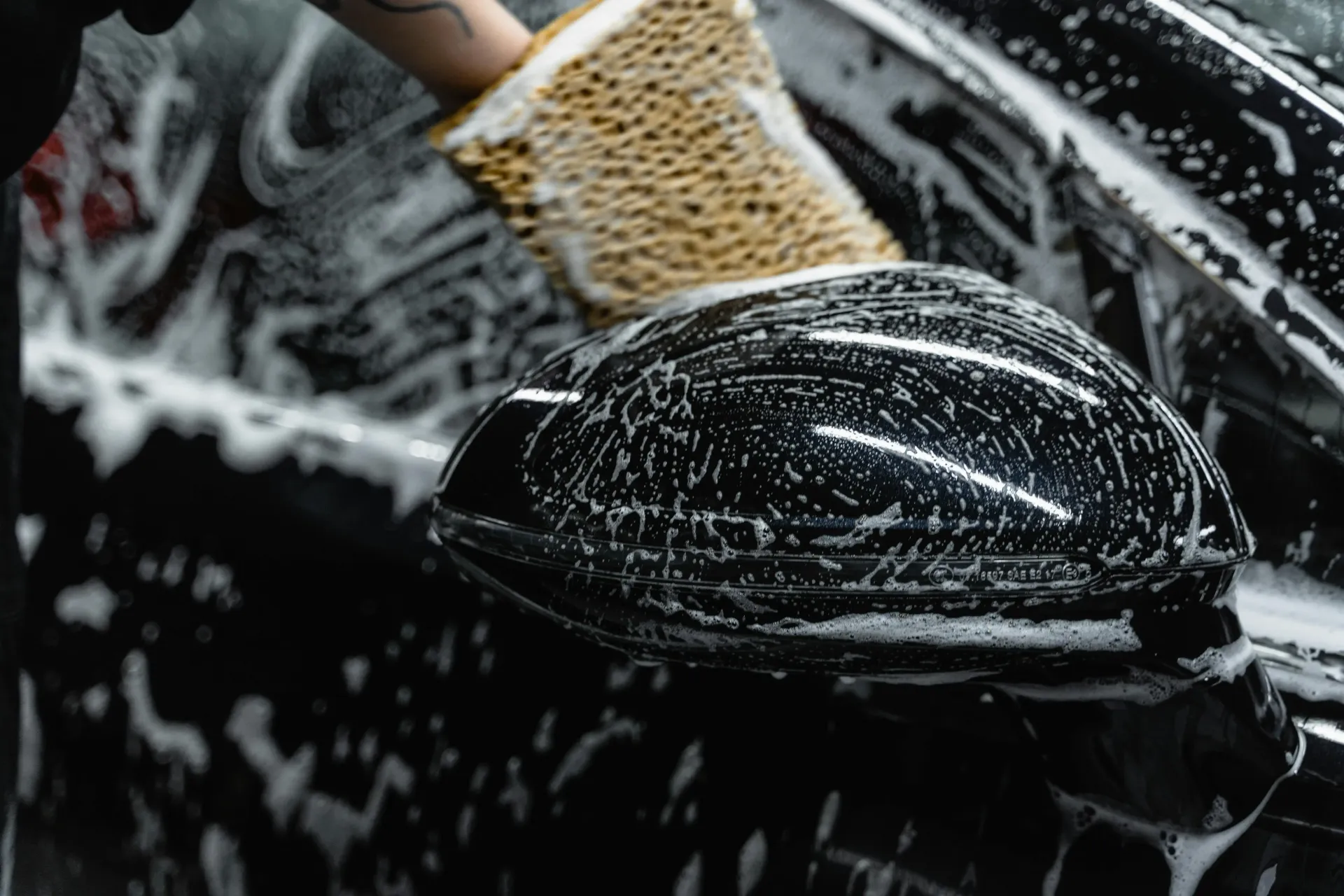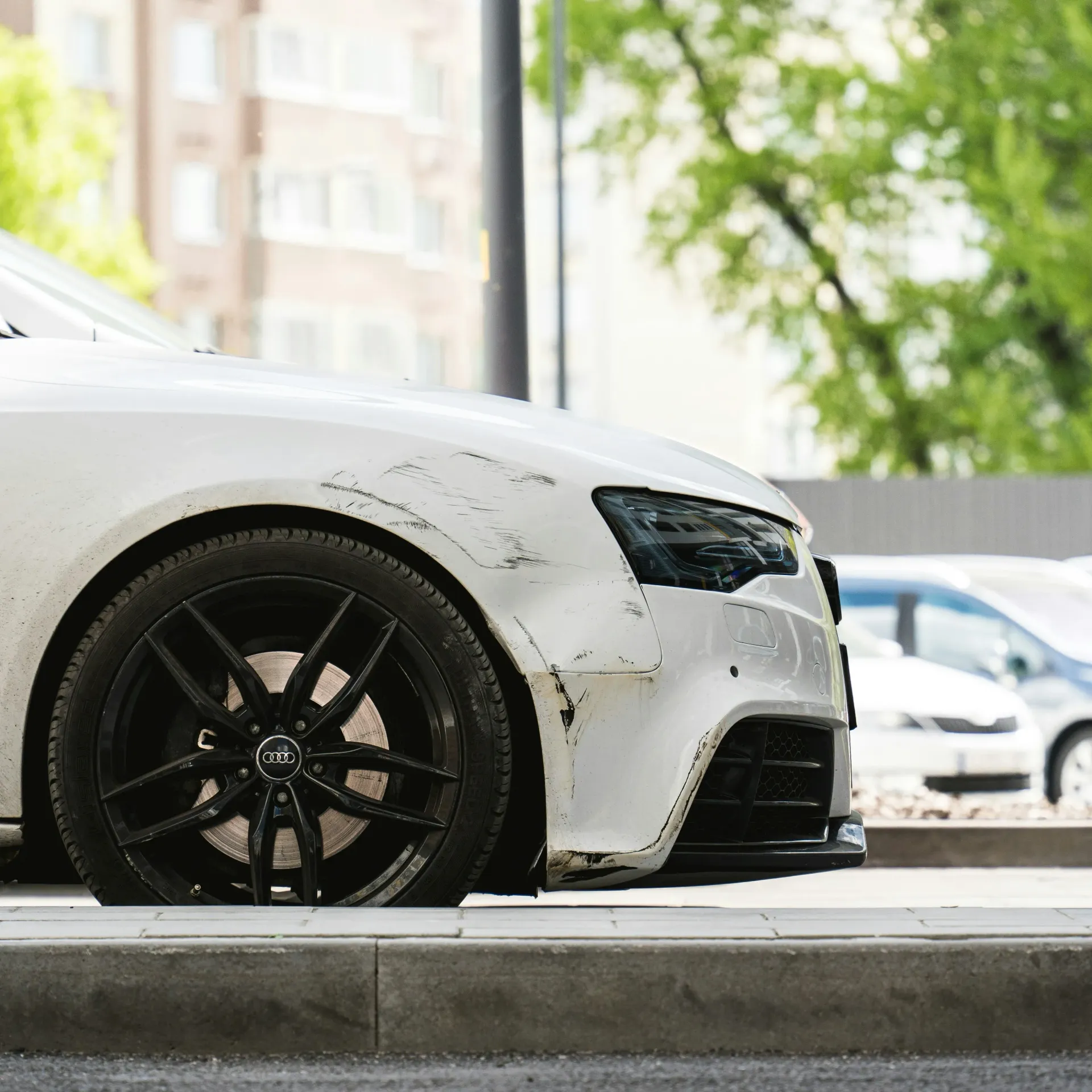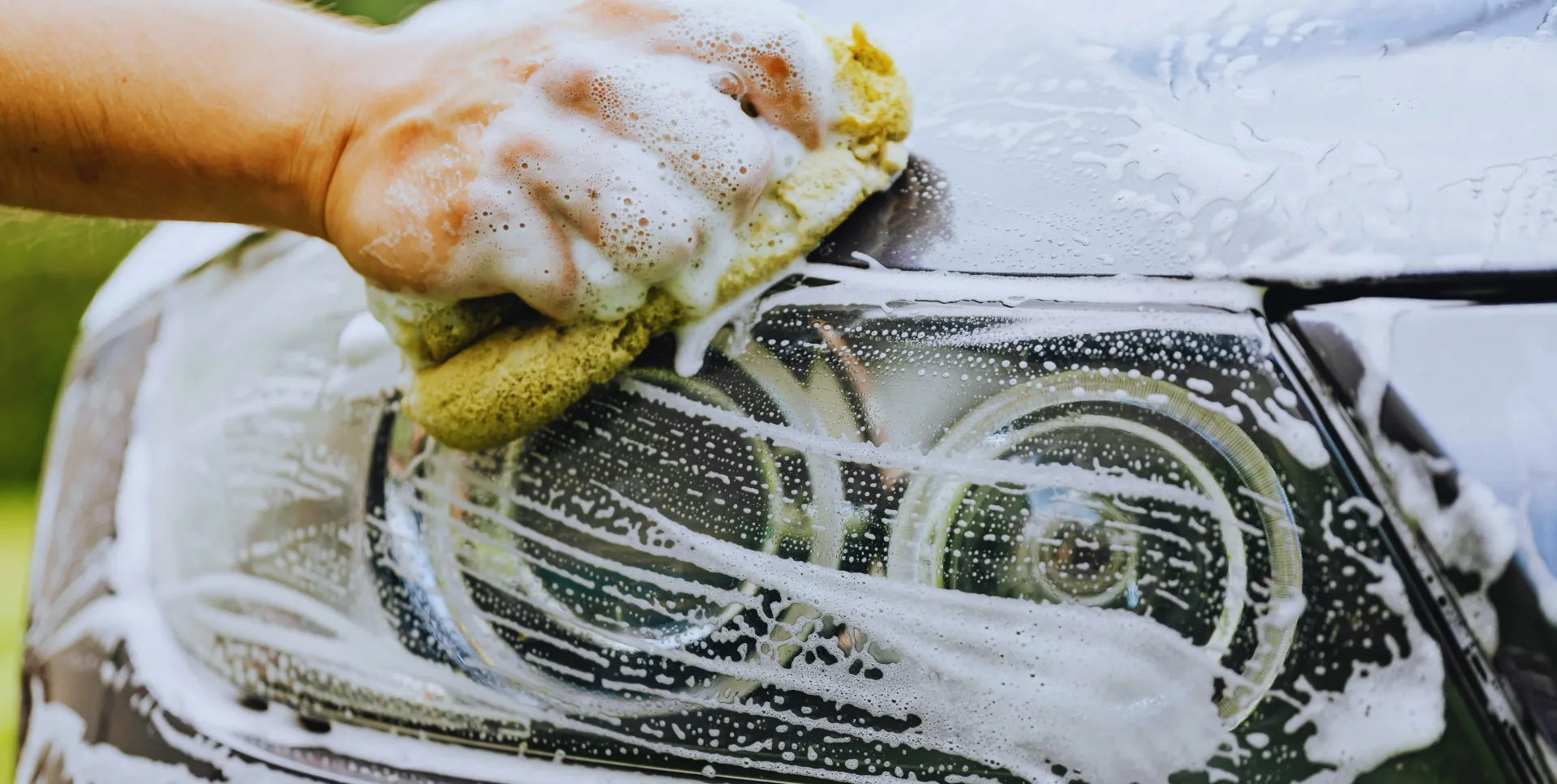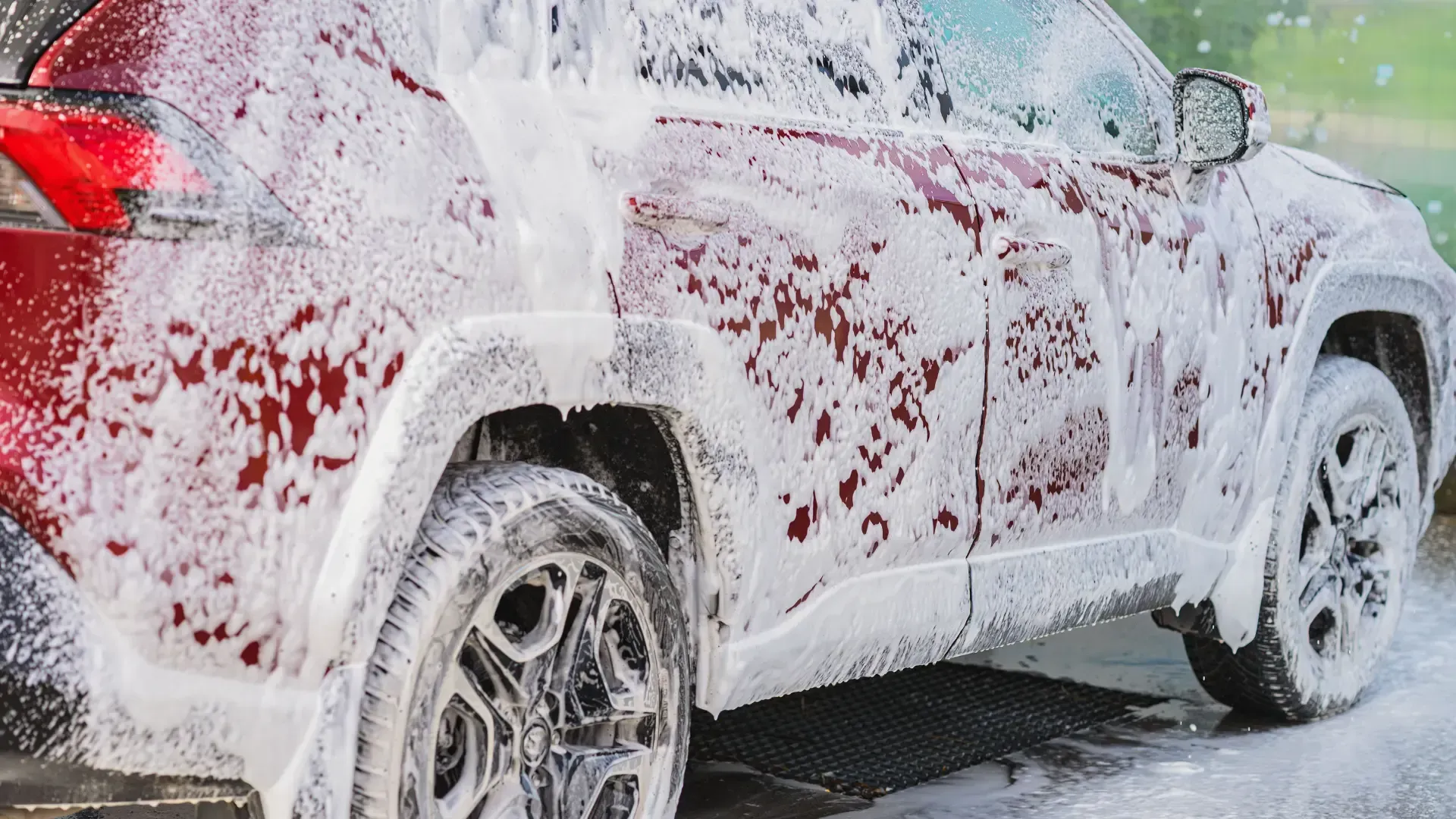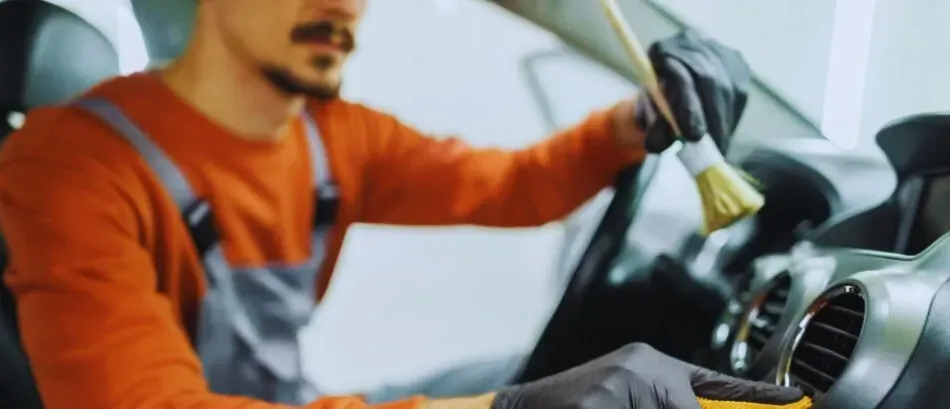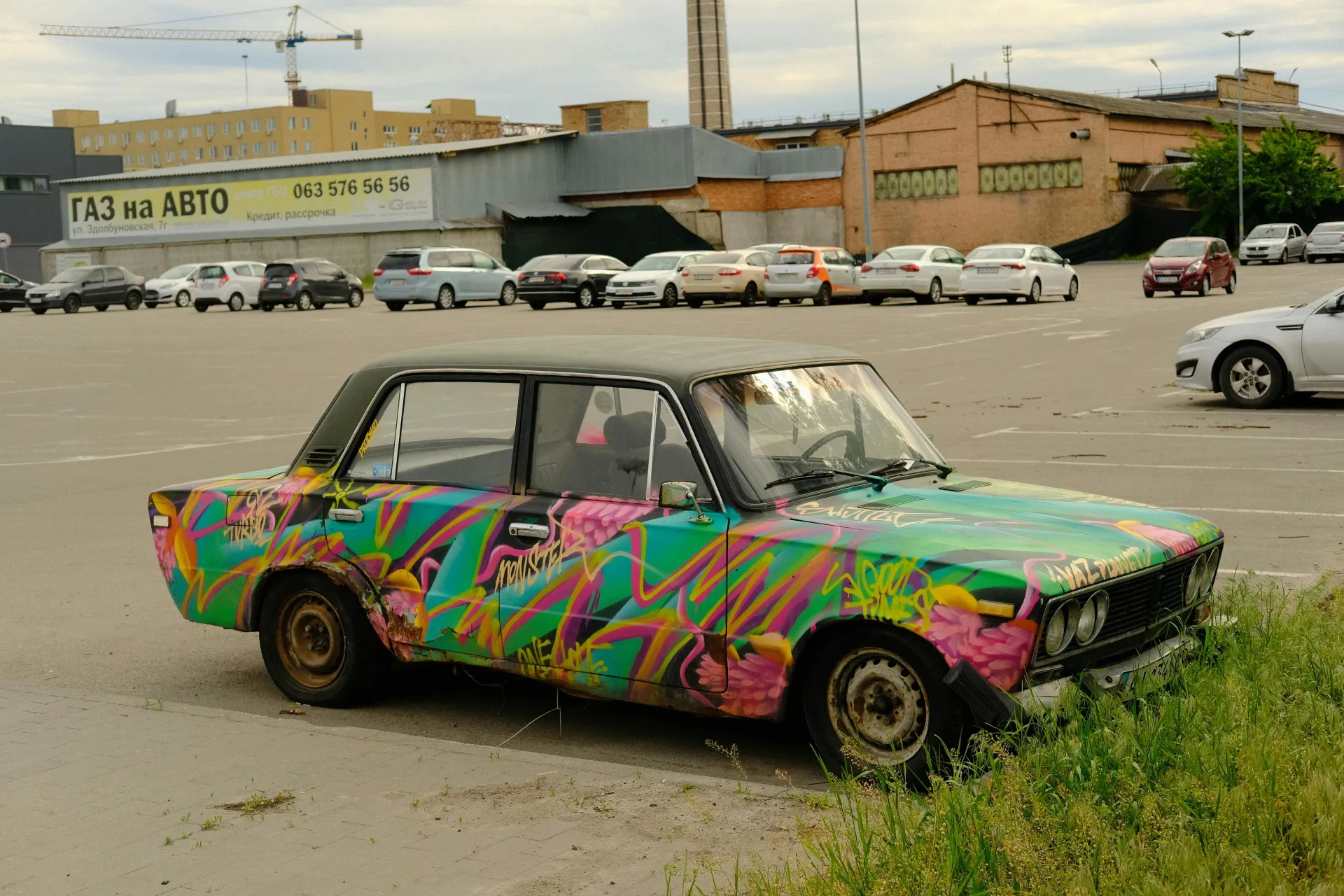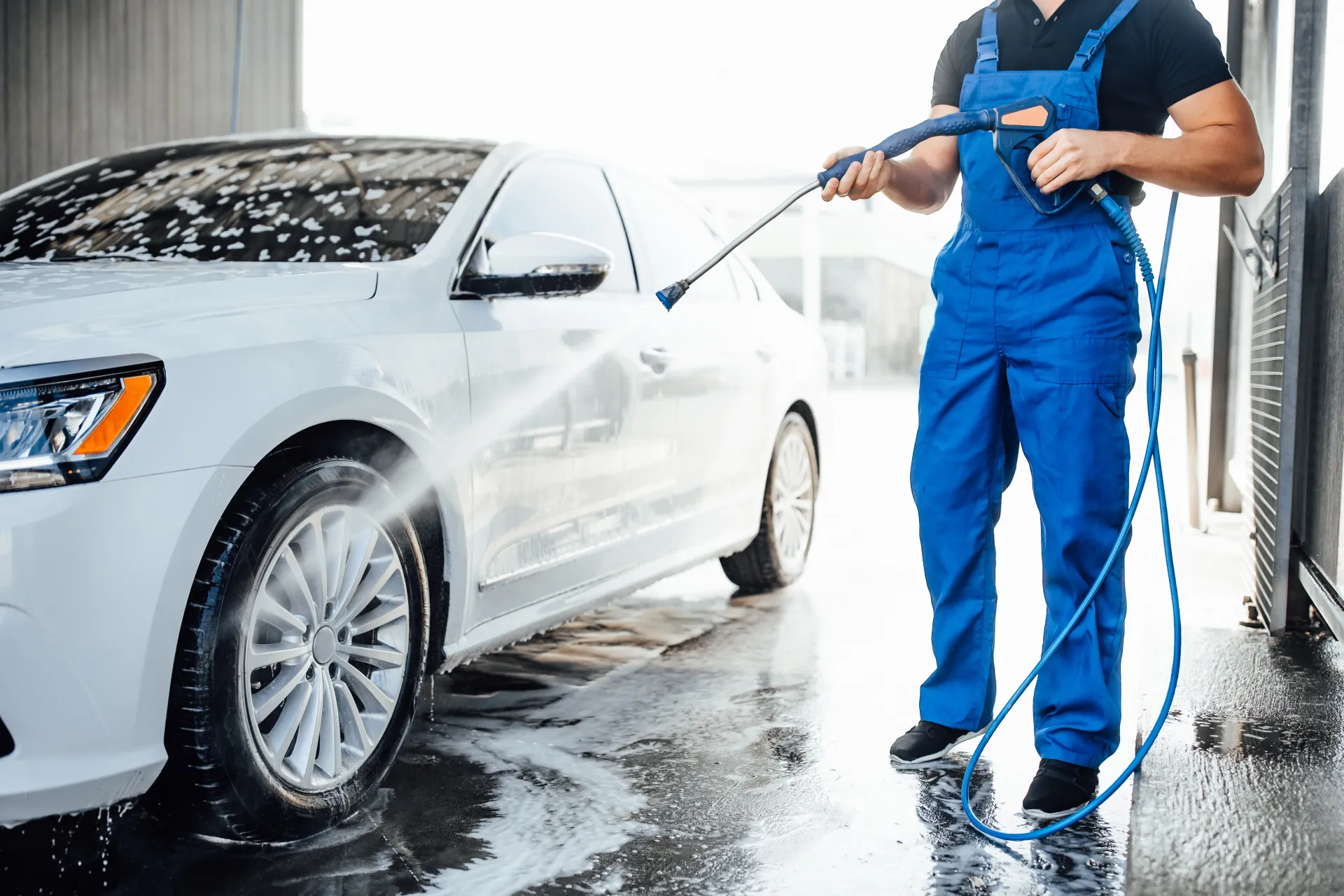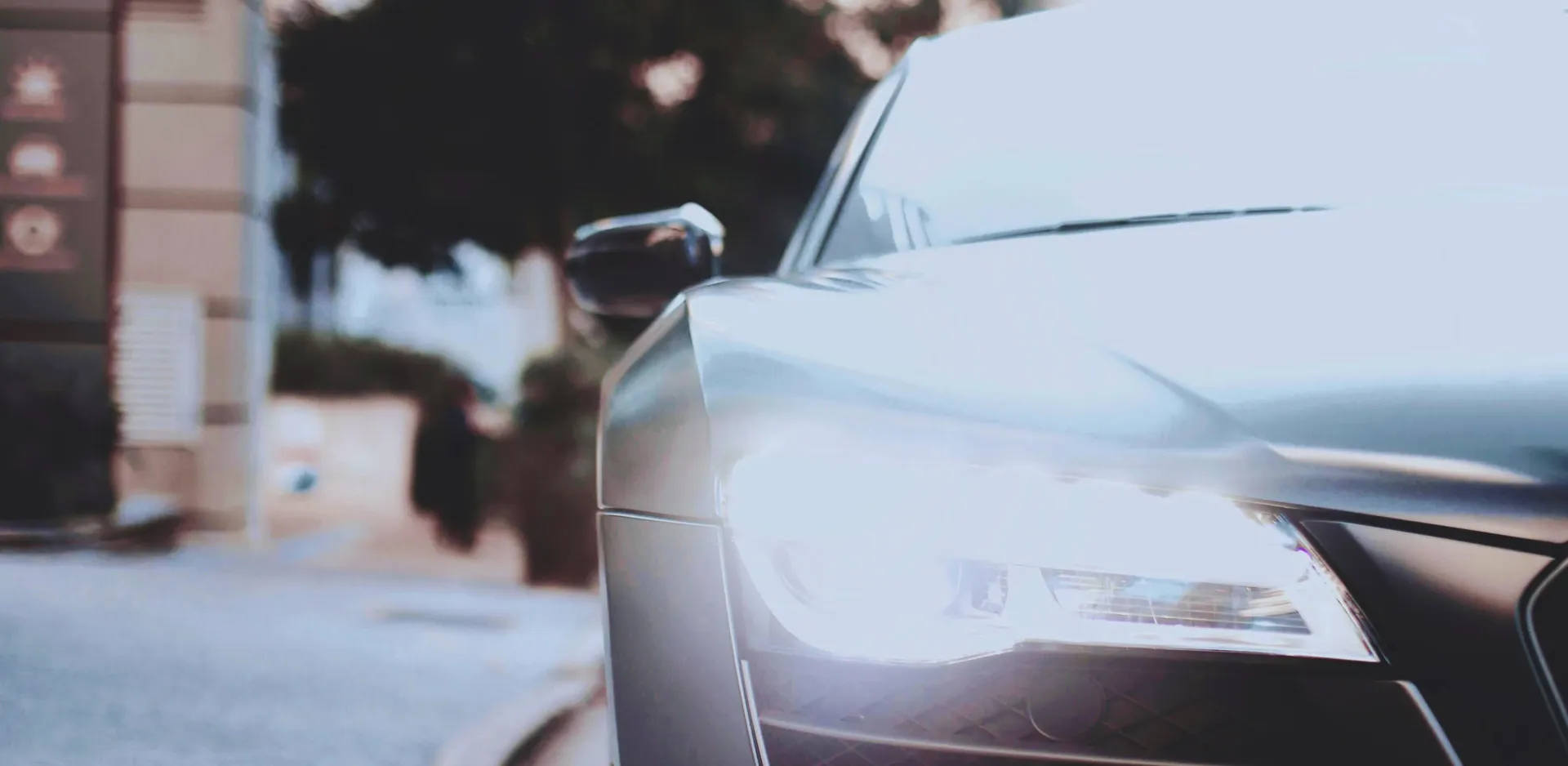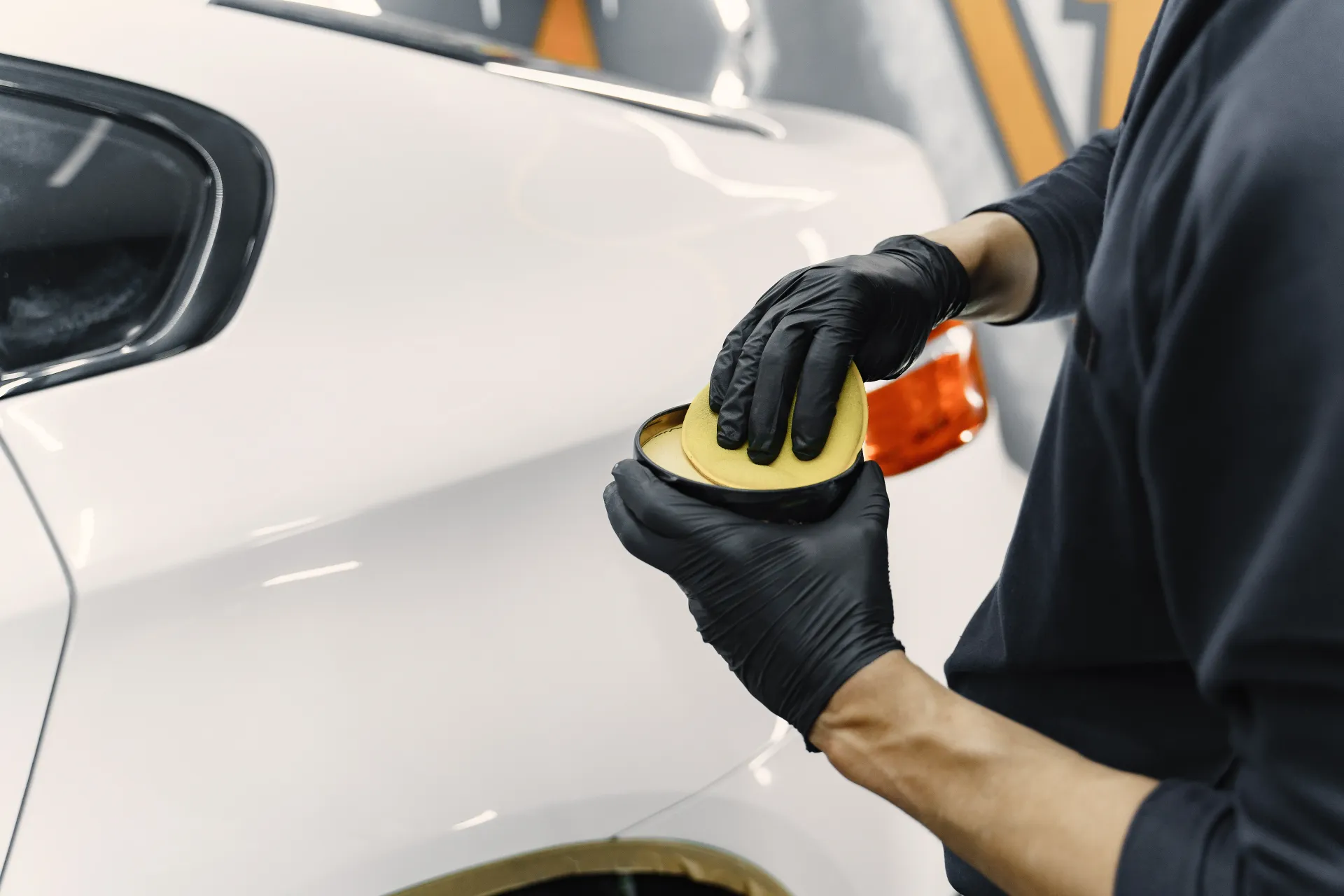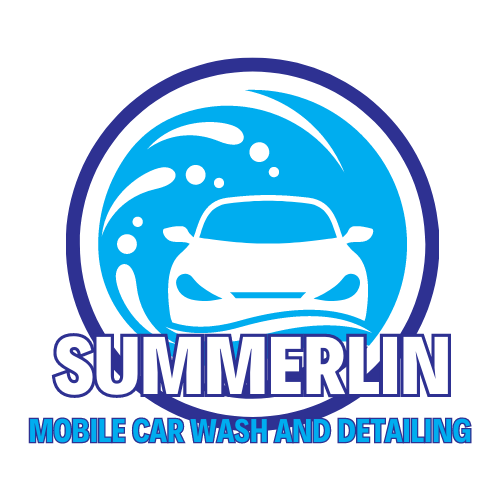The Real Scoop on DIY Car Washing: Is It Really Cheaper Than You Think?
My Sudsy Saturday Adventure
I'll never forget the day I decided to become a DIY car wash expert. It was a blazing hot Saturday in Las Vegas, and my car looked like it had survived a desert dust storm. Armed with enthusiasm and zero experience, I set out to transform my dusty ride into a sparkling masterpiece – little did I know the adventure that awaited me!
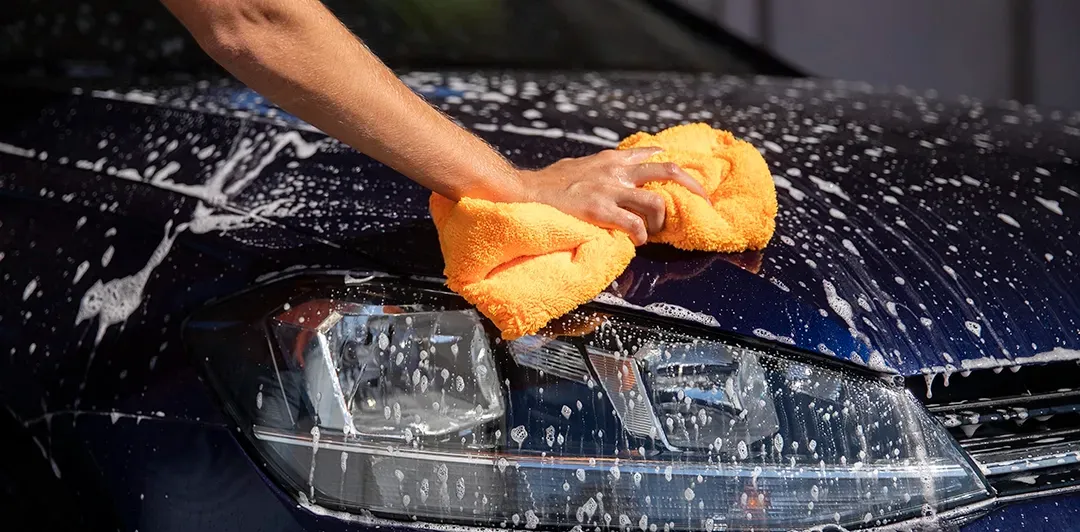
Breaking Down the DIY Car Wash Myth
Initial Perceptions vs. Reality
Most people think washing a car at home is simple and cheap. But is it really? Let's dive into the nitty-gritty of home car cleaning.
Cost Analysis of Home Car Washing
When I first started, I imagined saving tons of money. The truth? It's more complex than you might think.
Essential Materials for a Spotless Ride
Must-Have Washing Supplies
Basic Kit for Beginners
Here's what you'll need to get started:
| Item | Estimated Cost |
|---|---|
| Bucket | $3 - $10 |
| Car Wash Soap | $5 - $15 |
| Microfiber Towels | $10 - $20 |
| Wash Mitt | $5 - $12 |
| Hose Nozzle | $10 - $25 |
Advanced Cleaning Arsenal
For those who want professional-level results:
- Clay bar kit
- Wheel cleaning brushes
- Detailing wax
- Tire shine products
Calculating the Real Expenses
Upfront Costs
Initial investment can range from $50 to $200, depending on the quality of materials you choose.
Long-Term Investment
Good news! Once you buy initial supplies, subsequent washes become much cheaper.
Cost Comparison with Professional Services
| Service Type | Average Cost |
|---|---|
| Professional Wash | $15 - $30 |
| DIY Wash | $5 - $10 per wash |
Water Usage and Environmental Considerations
Water Consumption
In Las Vegas, water conservation is crucial. A typical home car wash uses 80-140 gallons of water per wash!
Eco-Friendly Washing Tips
- Use a bucket instead of running hose continuously
- Wash on grass or gravel to absorb water
- Choose biodegradable soaps
Choosing the Right Washing Location
Driveway Washing
Ideal for those with personal space and access to water.
Apartment and Shared Living Challenges
Limited space? Consider:
- Portable washing supplies
- Community car wash areas
- Waterless washing products
Las Vegas-Specific Car Washing Challenges
Desert Climate Considerations
Las Vegas heat means:
- Faster dust accumulation
- Quick water evaporation
- Increased risk of water spots
Water Conservation Tips
- Wash during cooler hours
- Use minimal water techniques
- Consider waterless wash products
Step-by-Step DIY Car Washing Guide
Preparation Stage
- Gather all supplies
- Choose shaded area
- Rinse car thoroughly
- Prepare cleaning solutions
Washing Technique
- Start from top, work downwards
- Use separate mitts for different areas
- Rinse frequently
- Avoid circular motions
Drying and Finishing Touches
- Use microfiber towels
- Pat, don't rub
- Apply wax for protection
Common Mistakes to Avoid
Rookie Errors
- Using dish soap
- Washing in direct sunlight
- Using dirty cleaning materials
- Forgetting to rinse thoroughly
Potential Damage Prevention
- Invest in quality materials
- Learn proper techniques
- Be gentle with your vehicle
Money-Saving Hacks
Budget-Friendly Alternatives
- Make your own cleaning solutions
- Buy supplies in bulk
- Use multipurpose products
DIY Cleaning Solution Recipes
Basic Car Wash Soap:
- 1/4 cup car wash soap
- 1 bucket warm water
- 1 tablespoon baking soda
Frequently Asked Questions
Q: How often should I wash my car?
A: In Las Vegas, aim for every 2-3 weeks due to dust and heat.
Q: Are waterless car wash products effective?
A: Great for quick cleaning, but not a complete replacement for thorough washes.
Q: Can I damage my car's paint while washing?
A: Yes, use soft materials and proper techniques to prevent scratches.
Conclusion: Is DIY Car Washing Worth It?
Absolutely! With the right approach, DIY car washing can save money, be enjoyable, and keep your vehicle looking great.
Internal Links
- Visit our home page
- Check out our services
- Contact us for professional advice
- Learn more about us
Disclaimer: Always test products and techniques on a small area first.
